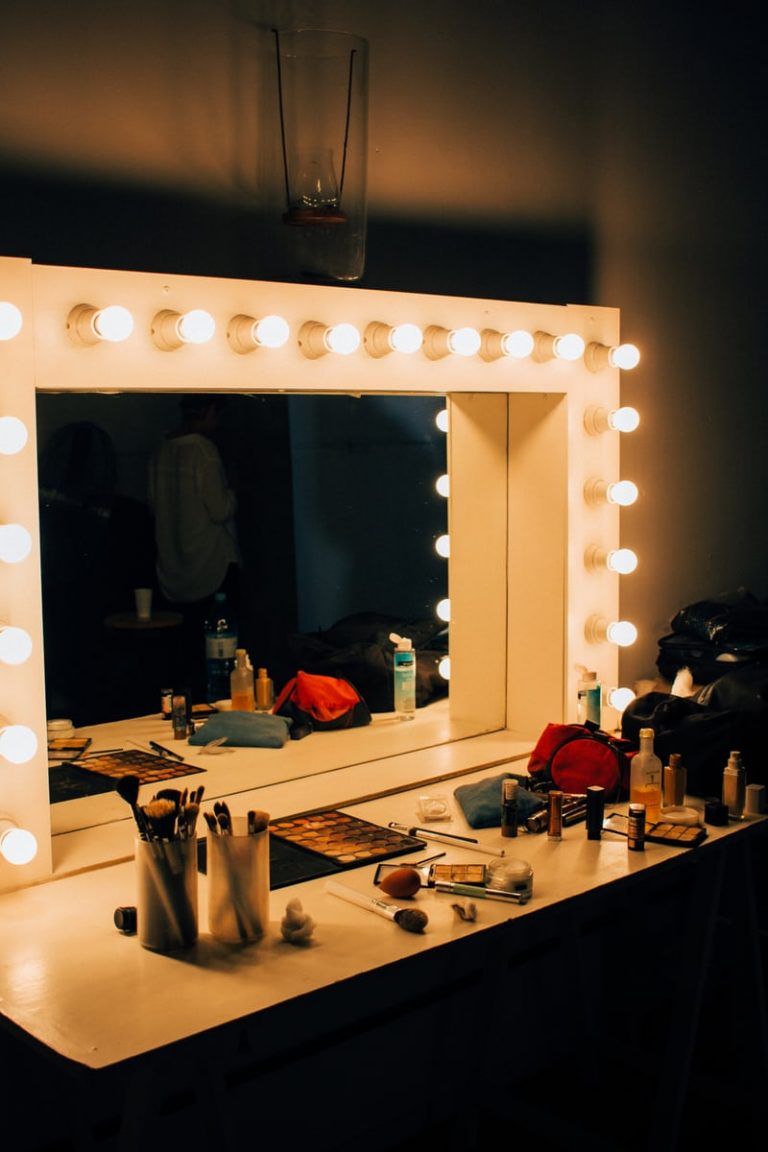Throughout the month of March, the Collegian is highlighting strong women throughout history. In this, we honor ordinary women who fought for the future in which we now live. We also renew our commitment to seek true equality in all aspects of life.
Beauty pageants have a convoluted history, with some declaring them as a way for girls to form social connectedness, encourage self-confidence and promote charity work and advocacy. Meanwhile, critics believe that beauty pageants emphasize beauty over talent, enforce traditional gender roles, promote unhealthy physical habits and force women into designated demographics, according to the editor-in-chief at ConnectUs.
While there has been improvement regarding representation within beauty standards and representation, there is still more work to be done. This growth (or lack thereof) is directly correlated to how we view beauty standards as a society.
In 2019, all the top pageant roles of Miss U.S.A., Miss Teen U.S.A., Miss America, Miss Universe and Miss World were all black women.
This is historic because “pale skin remained the ideal throughout the 19th century, as part of an ethos of white supremacy and the predominant racism of the era,” according to the PBS article “Beauty Pageant Origins and Culture.” In 2017, Rihanna released the cosmetic brand Fenty Beauty, which offers a wider variety of skin tone shades, which was rare for companies.
“The Fenty Effect (i.e., the chain reaction of brands launching more inclusive shade ranges in response to Fenty’s fanfare) has dramatically changed their experience with shopping for foundation,” according to a Glamour article. “CoverGirl, Maybelline, and Dior, to name just a few, all now carry 40 shades of foundation — MAC even has 60.” This demonstrates a need for more shades, and showcases an increased number of makeup companies creating shades to represent the diversity of shades.
Thus, having all these black women being crowned in the same year demonstrates that the traditional sense of beauty, which idealized more Eurocentric beauty standards, is being challenged on a global scale.
For centuries, black women have been degraded regarding their physical appearance, whether it be their skin, hair or the wideness/size of their noses and lips. Women winning these pageant titles demonstrates an acceptance of more than one set beauty standard for women.
“I grew up in a world where a woman who looks like me — with my kind of skin and my kind of hair — was never considered to be beautiful,” said Zozibini Tunzi in her last response before she was crowned Miss World. “I think it is time that that stops today. I want children to look at me and see my face and I want them to see their faces reflected in mine.”
This concept of representation is not only true for black women but for all women and all people, according to a study done by Florida State University and published in the journal Communication Monographs.
“We found overwhelmingly that there is a clear psychological advantage when the media shows more realistic body types than the traditional thin model,” said Jessica Ridgway, assistant professor in the Department of Retail, Merchandising and Product Development.
This change towards more positive and realistic views on beauty standards will begin when we see equality for women across all types of media, in beauty pageants and in the makeup industry — we need to see more women who actually look like the peers we interact with on a day-to-day basis.
According to an article by Dr. Judy Scheel, L.C.S.W., CEDS in Psychology Today, culture dictates beauty standards, and it is through culture and media that we, as a society, decide “what is or ought to be visually desirable, regardless of our own intuitive draw or what we really want or find attractive.”
It is crucial to see inclusivity in beauty because we will then be more able to form accurate beauty standards, ones that are realistic and represent all women.




